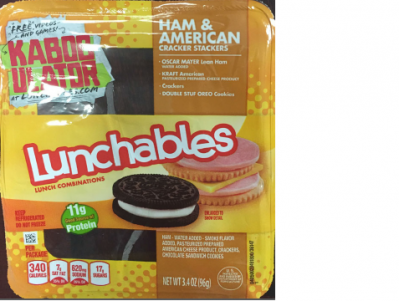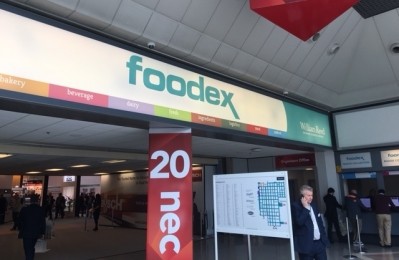'Significant' food safety disclosure differences among companies - report

The report by Cornerstone Capital Group commissioned by the Investor Responsibility Research Center Institute (IRRCi) examines food safety of 60 publicly traded US companies and 30 firms that offer such systems.
Food safety expertise is generally present in mid-level and senior management throughout the supply chain. Most corporate boards maintain oversight through risk and audit committees; there is little food safety expertise present but companies can use external advisors and consultants.
The Food Safety Modernization Act (FSMA) has shifted the private sector mandate from reactive compliance to proactive responsibility and China is also changing its regulation.
Progress but room for improvement
The report shows there are significant disclosure differences among companies and that executive compensation rarely is linked to food safety goals.
BRF S.A., ConAgra, and Kellogg Co. disclose food safety KPIs which include supplier products under third-party certification, product recalls and food safety audits.
Dean Foods includes a recall target in the performance pay for the CEO and Hormel Foods and Marine Harvest have two food safety experts on their board of directors.
Jon Lukomnik, IRRCi executive director, said food safety-related recalls represent a risk for investors, as evidenced by issues facing companies like Chipotle.
“There are increasingly complex and global supply chains and changing patterns of eating out and buying ready-made meals. As a result, companies are under pressure to evolve and meet these new demands.
“This report enables investors to gauge which companies are proactive and at the forefront of food safety best practices, testing and technology – and which are lagging.”
Past event impact
The report examined events that have affected publicly traded US companies over the last 25 years.
It identified the behavioral/demographic, regulatory and technological factors acting as catalysts for the industry’s transition towards increasingly proactive and novel food safety strategies.
Three areas of innovation included food testing and analysis; supply chain technology; and automation and robotics.
The report looked at 10 incidents including the recall of 27.4m pounds of fresh and frozen turkey and chicken products possibly contaminated with Listeria by Pilgrim’s Pride in October 2002 and Tyson Foods recalling 33,840 pounds of chicken due to Salmonella contamination in January 2014.
A webinar on August 2, at 2PM ET will review findings and respond to questions. Register at no charge here
“While Pilgrim’s Pride and Tyson both recalled poultry products, Pilgrim’s Pride share price experienced a dramatic, albeit temporary, decline. Tyson’s share price, on the other hand, was largely unaffected,” according to the research.
“The primary differentiating factor appears to be the size of Pilgrim’s Pride’s recall, seeing as it was the largest meat recall in US history at the time.”
The analysis reveals other events (ConAgra in 2002 and 2007, and Kroger, Campbell Soup, and Kraft Heinz) did not negatively impact the companies’ share price.
Because these large companies have diversified product portfolios, the financial losses associated with the recalls (sales losses, direct costs of recall, etc.) appear to be minor relative to the overall business.
However, the absence of an acute share price reaction does not suggest food safety can be overlooked. The diversified product portfolio mutes the immediate impact of an incident, though it may not insulate the company from potentially longer term brand damage.
Five opportunities and challenges for food safety
There is a growing preference for organic, antibiotic- and preservative-free, and locally sourced food in the developed world, found the report.
For instance, Cargill said it was asked by some customers to remove additives it puts in processed meat to inhibit Listeria growth.
The shift toward two-earner families and busier lifestyles in developed and some developing markets means fewer meals are cooked at home. However, this category is most affected by recalls.
Consumers are becoming increasingly aware of issues, and are demanding increased transparency from companies with the proliferation of mobile devices and social media accelerating this trend.
Rising incomes in developing markets will drive growth in demand for animal protein and dairy.
“These products are resource-intensive and will put additional pressure on local supply chains. One implication is that bacteria found in animals may potentially cause more foodborne illness, especially in countries where quality control and monitoring programs are scantily developed.”
As populations in developed markets continue to age, more people will be at risk for foodborne diseases.
Michael Shavel, report co-author and global thematic analyst at Cornerstone, said the research reveals that a company’s food safety performance cannot be defined by a single factor.
“Instead, investors must consider a complex series of elements and we provide a framework for them to do so.”


















